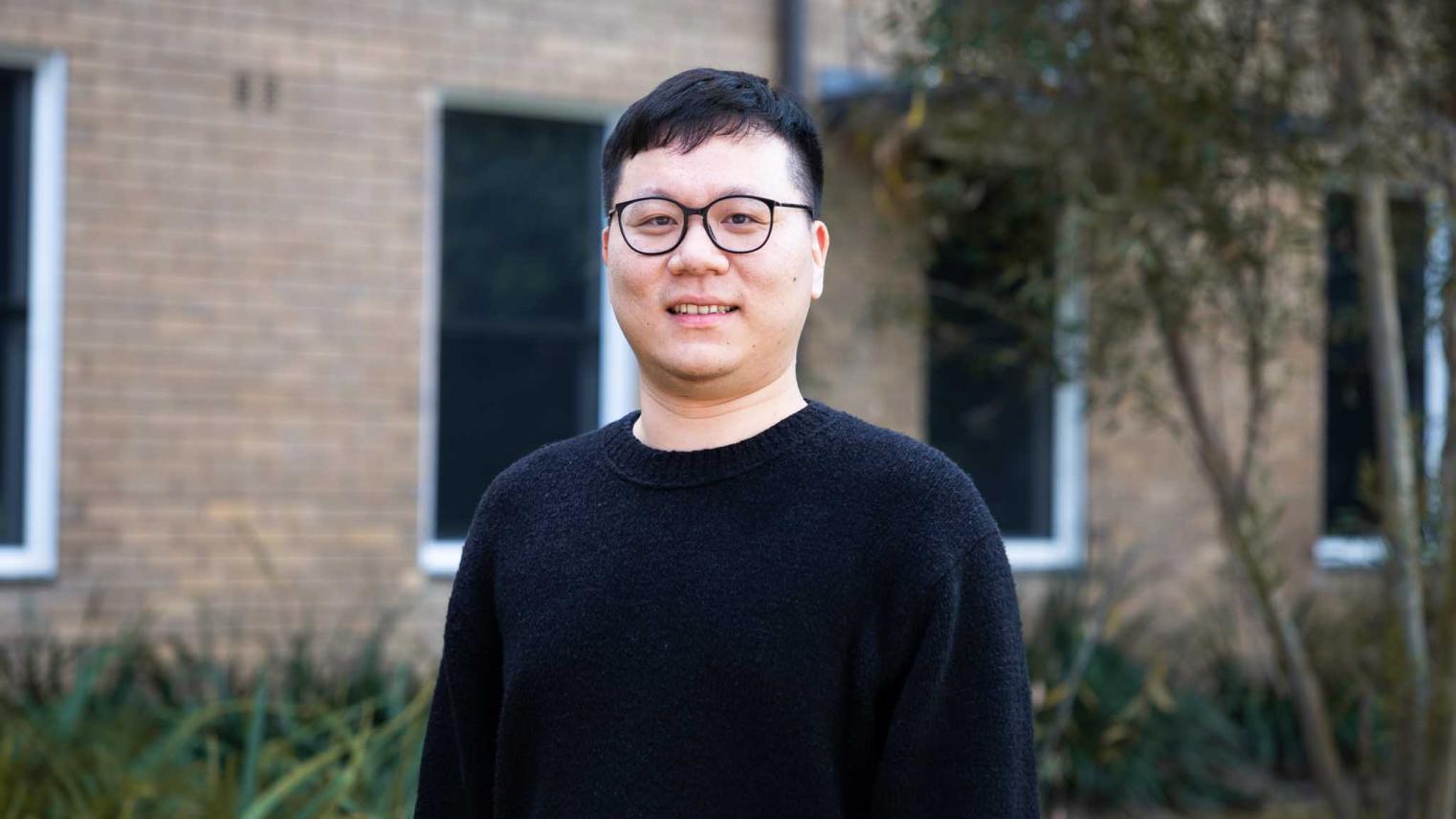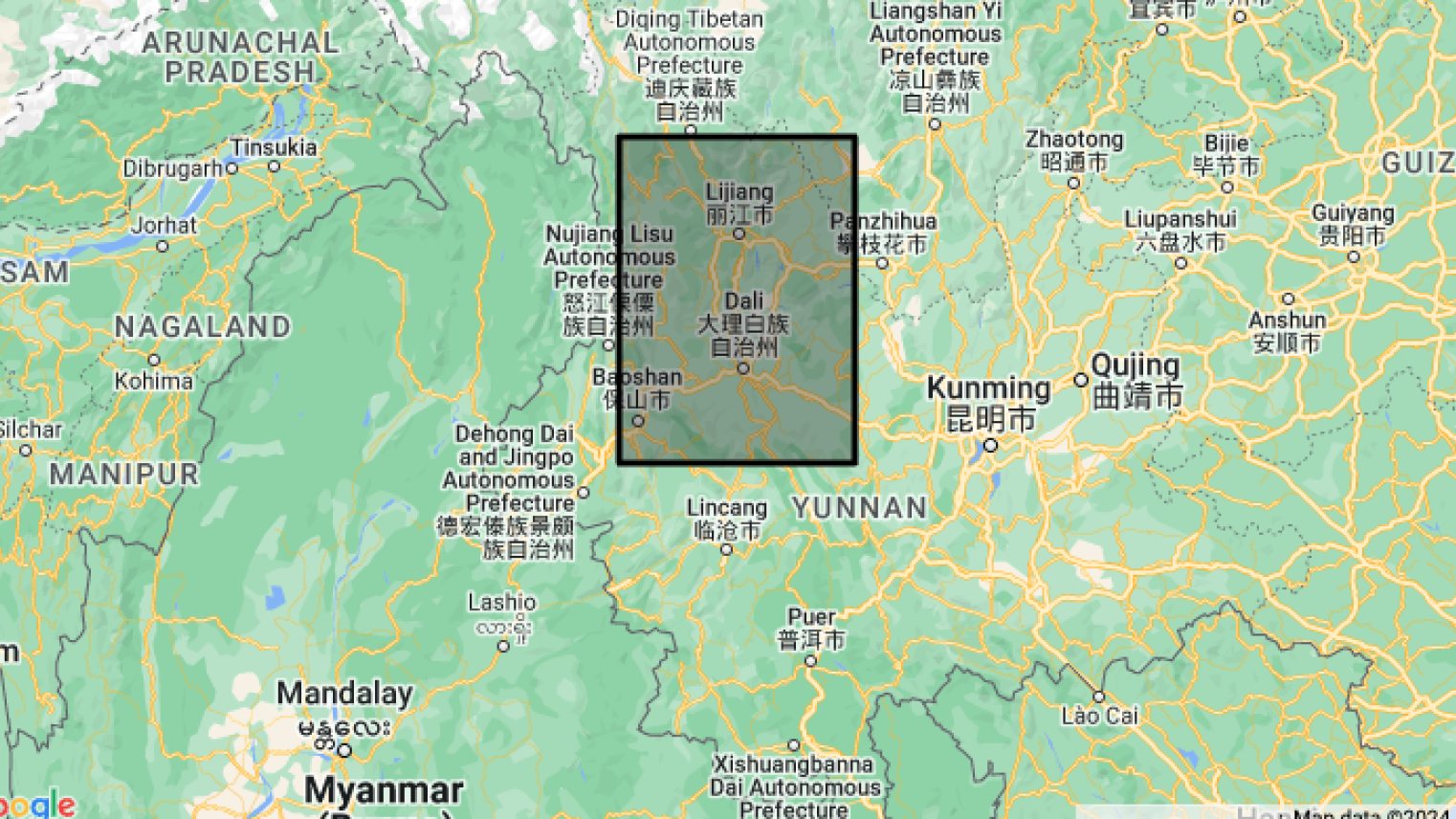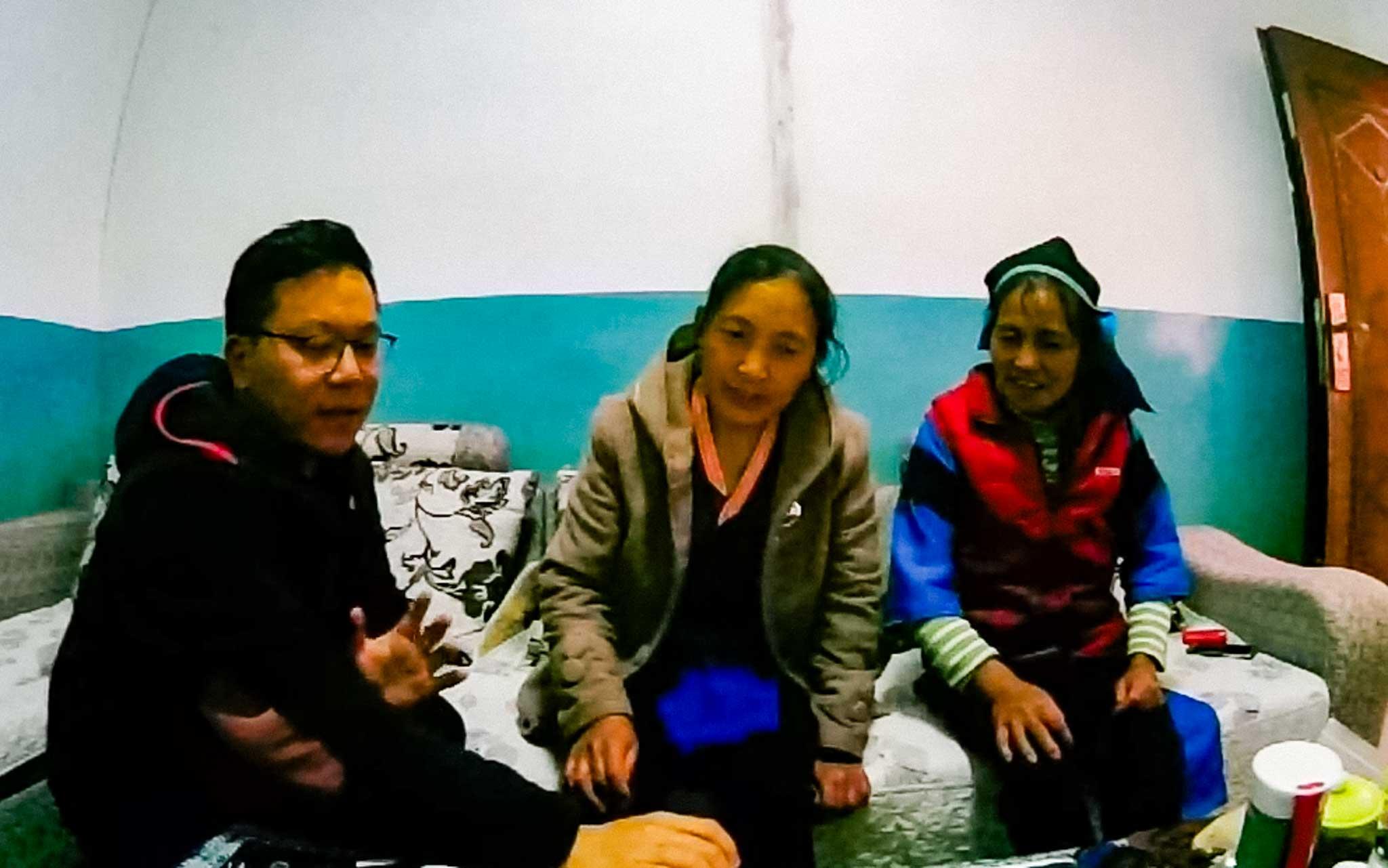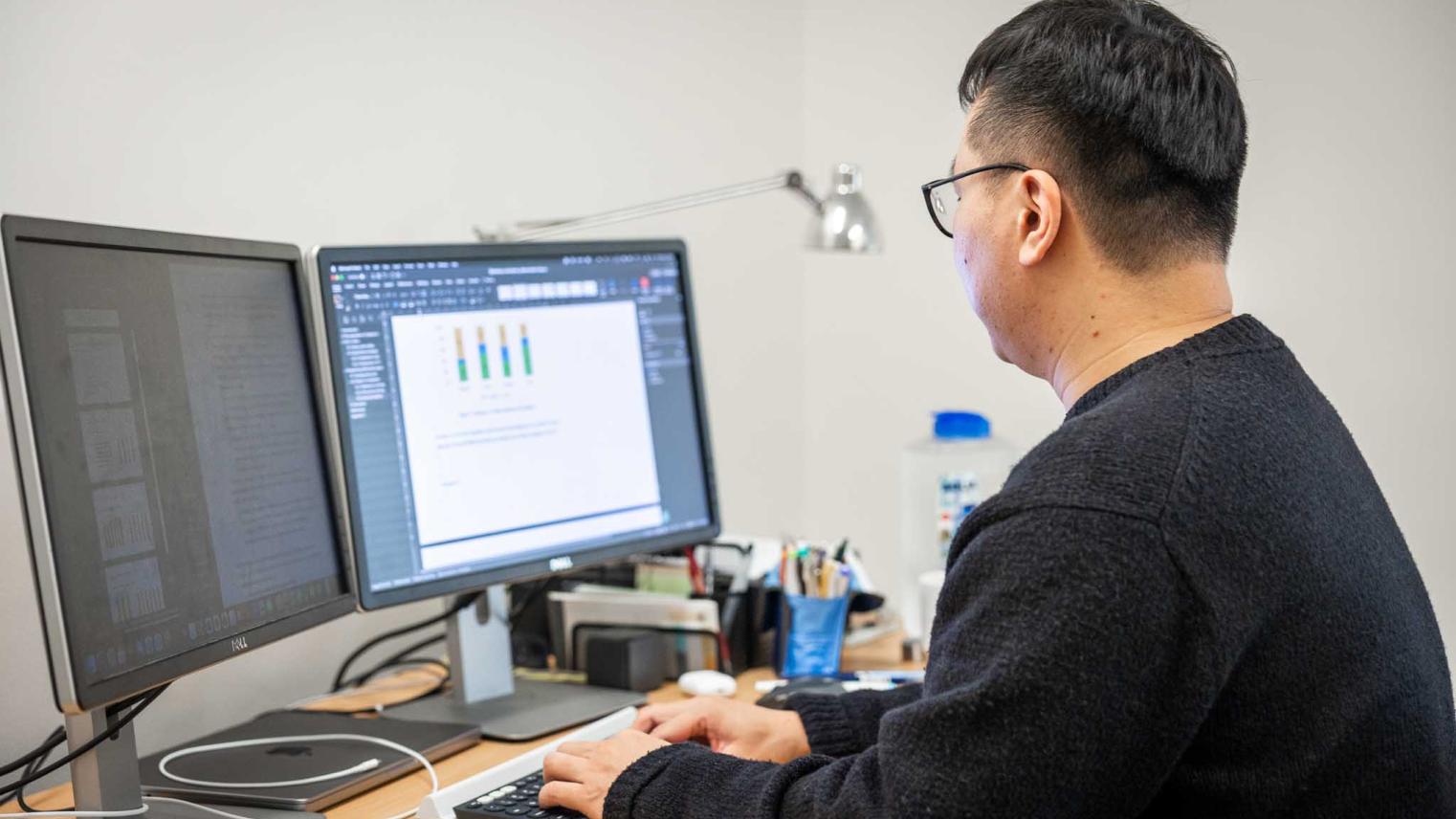PhD scholar Huade Huang is fighting to save an endangered language spoken by only 5,000 people

Venturing to a remote village in Southwest China to learn an undocumented language at a local primary school would be daunting for most people, but not for ANU College of Asia and the Pacific PhD student Huade Huang.
Undertaking his research at the College’s School of Culture, History and Language (CHL) on the endangered Tibetan-Burman language of Kua’nsi in the Yunnan Province, Huade is fascinated by learning languages and the diversity of languages found in China.
“This language has only been discovered less than 20-years-ago, it is endangered and there is still so much we don’t know,” he said.
According to a study from the United Nations, two Indigenous languages are dying every month. This alarming rate of language loss is particularly impacting countries with expansive territories and diverse ethnic groups such as China. Huade says languages like Kua’nsi have a lot to offer and are a unique dialect in the country and very distinct from Mandarin.
“If you are Chinese and you want to go to the village, you will need a translator. The Southwest China area has a high degree of language diversity,” he explained.

Although Mandarin is widely spoken in China, it is just one of many dialects across the country. Huade says the challenge of language monopoly and language unification in China poses a real threat to the Kua’nsi language and other endangered dialects.
“Because of the central language policy in China, everyone is shifting to Mandarin.
“The younger generation, who want to have better employment and better social and economic status, they will move outside to other centres or cities to seek better economic success where they will use Chinese more often in the big city,” he explained.
According to Mr Huang, urbanisation, economic and cultural pressures are threatening the future of the Kua’nsi language and its 5,000-speaking population.
“This language is at risk in the sense that children have less of a chance to learn this language as they have more exposure and pressure to learn Chinese,” the PhD scholar said.
Despite the risk to minority languages, endangered dialects such as Kua’nsi are still being discovered. In 2011, a research team travelled to the Yunnan province to research language diversity and discovered four new languages. This discovery inspired Huade to undertake his PhD in linguistics at CHL, a School dedicated to the study and in-depth engagement with the languages, modern and profound histories, cultures, and societies of Asia and the Pacific.
“My research has two functions. The first is to provide more scientific insight into this language and what it can offer for linguistic research.
“Secondly, because this language has only been discovered recently, the community needs to have a voice to be heard. They want to be seen and they want to be heard.”
Huade’s mission to empower the local community and provide a platform for sharing their language was met with welcome arms when he entered Wuxing village. This allowed him to create meaningful connections with local language speakers.
“They are very proud of their culture and their language, so they were very welcoming of my research,” he said.

Originating from China, Huade says the support and opportunities available to him at the ANU College of Asia and the Pacific have been uniquely tailored to his cultural background and native Mandarin language.
“My supervisor, Dr. Bethwyn Evans, guided me through the research process and provided invaluable support by allowing me to conduct the research in my native language. Her assistance was exceptional. I wouldn't be successful without her,” he said.
As a highly motivated and passionate linguist, Mr Huang says he specifically chose the ANU College of Asia and the Pacific for its leading reputation in Asian studies and Asian languages.
“The ANU College of Asia and the Pacific is a leading institution in Asian studies and has expertise in Asian languages. It offers unique expertise for these kinds of research projects, fieldwork, language documentation, writing and grammar. This breadth of expertise is a testament to the calibre of our researchers,” he said.
Huade’s collections of video and audio recordings from his fieldwork in Yunnan are available via an online catalogue here.
For more information about the areas of research and graduate research programs offered at the College, click here.

By Cooper Williams, ANU College of Asia and the Pacific.